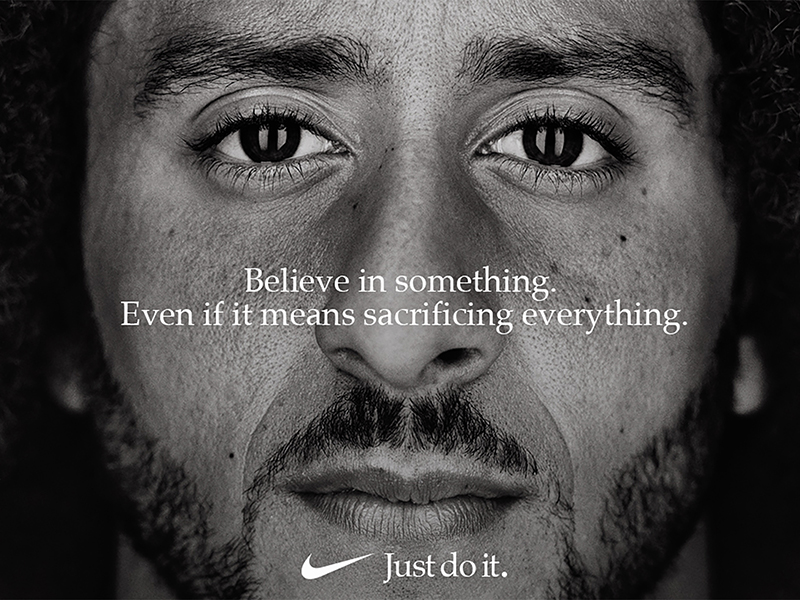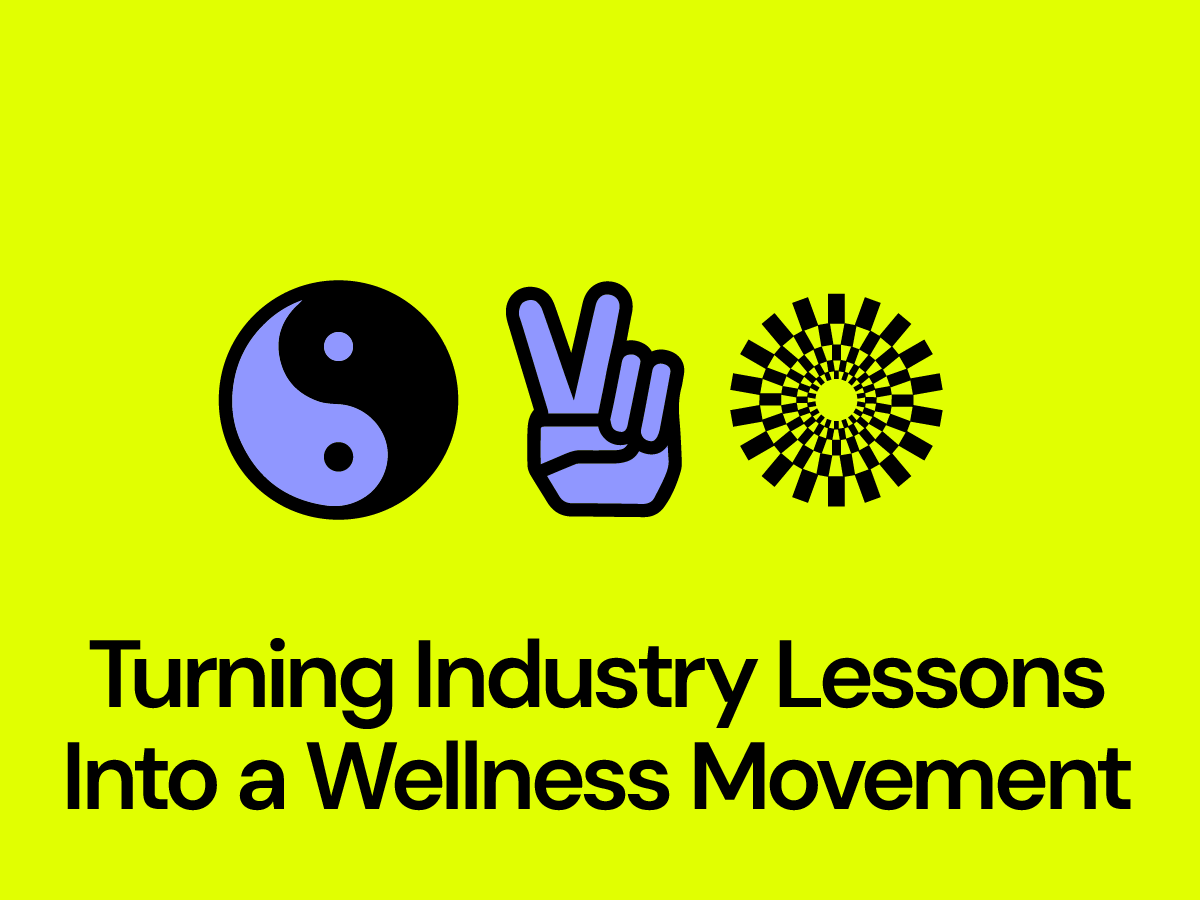Colin Kaepernick, the face of Nike’s 30th anniversary “Just Do It” campaign.
Colin Kaepernick, a polarizing, unemployed (blackballed, maybe?) professional athlete, fronting a major sport’s brands biggest push this year.
Sounds like signature Nike, if you ask me. Nike realized long ago that “Just Do It” was bigger than running and passing and sportsball-ing. The “It” in “Just Do It” has grappled with social issues such as race relations, gender equality and more.
And that makes a lot of sense when you think about it. Sport is no longer just a game. Sport is culture. Sport is fashion. Sport is for creators (OK, OK, that’s more Adidas’ thing). Yes, sport is entertainment. But when NBA players do their pregame shootaround in “I can’t breathe” T-shirts, make no mistake: Sport is both stage and soapbox. Love it or hate it, but sport may very well produce a future President of the United States.
Of course, Nike had to wrestle with the fact that reaching beyond sport would bring out the haters. ‘Stay in your lane, Nike.’ ‘Shut up and dribble, LeBron.’ Yikes. And in 2018, 30 years after “Just Do It” was born, Nike is celebrating by doubling down on standing for something larger than a XXL replica jersey. Ironically, the message that ‘dreams aren’t crazy’ isn’t controversial. It’s the messenger. Colin took a knee. Nike took a stand.
Of course, they got blowback. Their shoes were torched. Boycotts were formed. Consumers voting with their wallets – the great American way. But they also got plenty of love – the kind of love that translates into cold, hard cash. Nike’s stock dropped at first, but it quickly came back. And online sales were up 31% during the weekend of the campaign launch. Who knows where consumer sentiment will go from here, but so far it seems that the brand ignited more lovers than haters.
That’s because love is a powerful thing. At my agency, we have a philosophy that centers around uncovering “love” for brands. Not Harlequin Romance love, but the kind of love that ignites diehard passion and lifelong loyalty. And one of the truths about love is that it often requires sacrifice. You can’t be loved by everyone, so who do you choose? These are choices brands didn’t have to make in the past, but the ground is shifting and it shows no signs of stopping. As they say in the world of sports talk radio, “have a take.” This doesn’t mean that brands have to get political or tackle life-and-death issues if that’s not authentic for them. We probably don’t need Skittles taking a stand on immigration reform. Just stand for something bigger, and be OK if that something is not for everyone. That’s how you inspire people to love a brand, not just transact with it. And people who love a brand are more likely to stick with you through price wars, new competition, or a bad day in the Facebook comments section. Love is good for the soul, and good for the balance sheet.
The day that Nike bought this campaign was the day they accepted that a decent chunk of America would stop loving them. But they no doubt did their homework on future customers and changing American demographics, and then looked in the mirror and said, “Just Do It.”
A brand living their tagline. Walking the walk, albeit in $300 sneakers.



